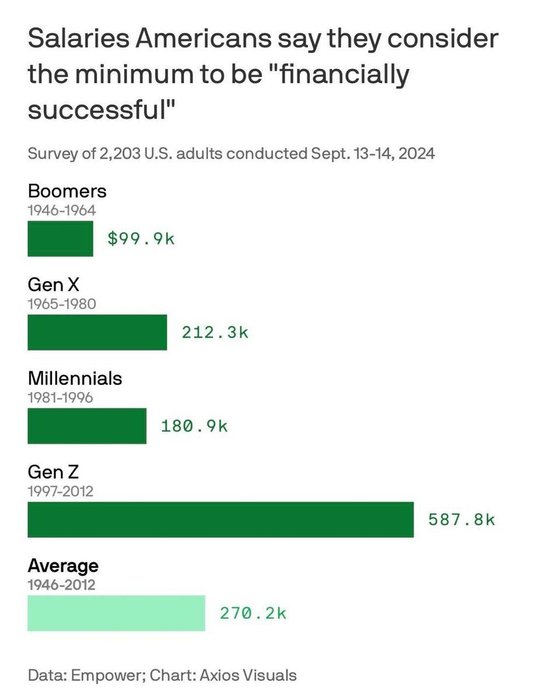

Americans think 26% of US households make over $500K/year (it's actually 1%). Not coincidentally, young Americans now believe $500K is the benchmark for financial success. A recipe for immense anger and grievance.
This 11-year-old post still good as new:
https://t.co/PFerirHZjX https://t.co/G8npoe6uuz
@Duderichy This is my favorite animation!!! I have it bookmarked on my phone for parties. Such a whitepill on past 40 years. https://t.co/hScqcrooJr
Emmett Shearx.com
